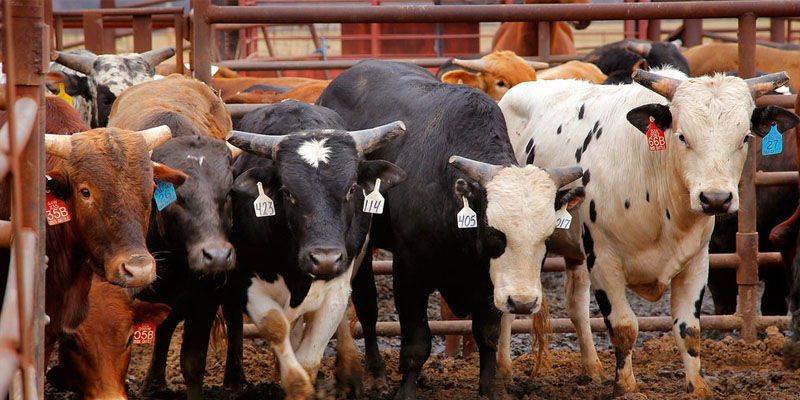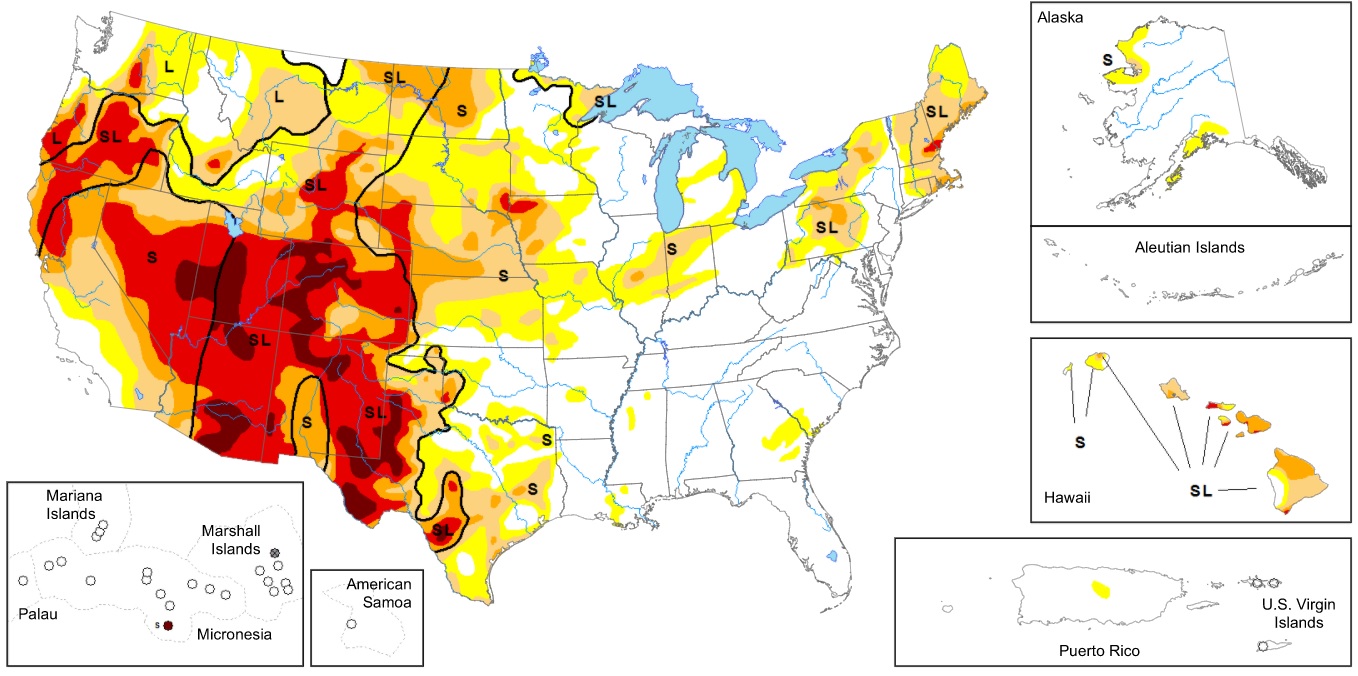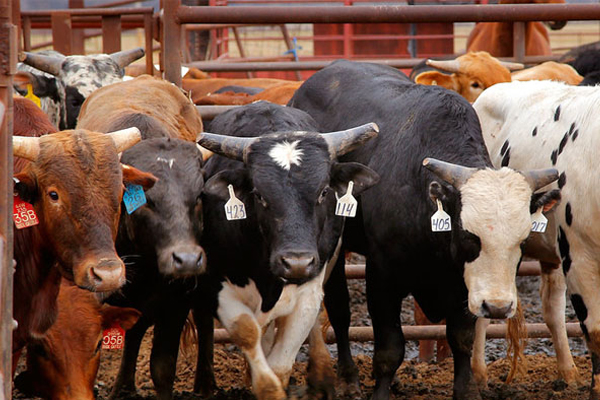November 17
Leather and Hide Weekly
The Leather and Hide Council of America (LHCA) continues to monitor developments related to the COVID-19 pandemic, and is available to support members navigating this rapidly evolving situation. Over the weekend, China and 14 other Asia-Pacific countries signed the Regional Comprehensive Economic Partnership, creating the world's largest trading bloc, after years of negotiations. Plus, LHCA has joined a multi-association letter urging the Federal Maritime Commission to suspend detention and demurrage charges at several U.S. ports. More on these and other topics below.
We hope you stay safe and healthy.

Weekly Hides and Skins Stats
- Net sales of cured cattle hides reported for the period ending November 5 were 383,800 pieces and of wet blue were 22,300 pieces. Reported shipments of cured hides were 304,000 and of wet blue were 158,900. China was the largest buyer of cured hides and was the largest destination for wet blues. See more. For historical data, click here.
- U.S. Cattle Slaughter was 653,000 last week, up 0.9 percent from the previous week. Total cattle slaughter in 2020 is 28,056,000, 3.7 percent below 2019 levels. See more.
- USDA AMS Major Packer Hide Price Report provided prices for seven types of U.S. hides at seven price points with a spread of $8 for branded southwest cows to $37 butt branded steers. See more.
- The USDA price report is a snapshot of the market. For real time hide market prices, please consult our friends at Hidenet, The Jacobsen, The Maxfield Report, or The Sauer Report.
Industry Updates
- LHCA signed a coalition letter, drafted by the Harbor Trucking Association, requesting the Federal Maritime Commission to "exercise all available powers and authority to immediately suspend detention and demurrage charges on containers and chassis, which are being unfairly and unreasonably assessed in the Ports of Los Angeles and Long Beach by ocean carriers and marine terminals." The letter asserts the fees are the result of the carriers and terminal operators' own inefficiencies. Read more here.
- The University of Northampton Institute for Creative Leather Technologies announced a new 12-week online leather training course, starting January 13, 2021. The course is ideal for those new to the industry and for those looking to improve their skills and increase their knowledge about the leather value chain. The course costs 500 GBP, and is 300 GBP for students. For more information, and to register for the course, contact Marc Gummer.
- The second draft of the Leather Impact Accelerator 1.0 is now available for public review and feedback. Public comments on the draft are due December 1, 2020. The Leather Impact Accelerator is a benchmarking program that recognizes and rewards best practices in the leather value chain. It uses benchmarks to address animal welfare and deforestation/conversion-free at the farm level, to determine the societal and environmental impacts of leather processing and t0 set expectations for traceability. To learn more and submit comments, click here.
- The North American Meat Institute continues to share guidance documents and other resources for industry on its COVID-19 response webpage. The page includes the latest guidance from the Centers for Disease Control and Prevention (CDC) regarding face coverings, employee screening and positive test result protocol, among other pertinent resources. CDC and the Department of Labor issued guidance specific to the meat and poultry processing industry in order to facilitate ongoing operations and support the food supply, while also mitigating the risk of spreading COVID-19. The guidance is available here.
Latest Updates from Real Leather. Stay Different.

Adidas and Prada have collaborated to launch the Adidas Prada Superstar 450, a luxe twist on the classic sneaker. This high-fashion take on the time-honored shoe uses the finest leather, and celebrates its hip hop history and basketball heritage. Get the latest news from Real Leather. Stay Different. here. And, don't forget to:
Other Trade News
- China, and 14 other Asia-Pacific region countries, this weekend signed the Regional Comprehensive Economic Partnership (RCEP), forming the world's largest trading bloc. RCEP covers 2.2 billion people, or 30 percent of the world's population, and approximately 28 percent of global trade. The agreement is expected to eliminate tariffs on 92 percent of traded goods among participating countries, and will institute stronger provisions to address non-tariff measures. Other major signatory countries include Australia, Japan, South Korea, New Zealand, Indonesia, Thailand and Vietnam. Read more here.
- The Animal and Plant Health Inspection Service (APHIS) announced it will realign its overseas footprint to focus on markets with burgeoning opportunities for U.S. exports. APHIS International Services plans to expand its mission in the Middle East and Africa to identify potential locations that will best support agricultural growth markets for U.S. products. More information on these changes is available here. APHIS Veterinary Services (VS) also launched a new eFile permitting assistant, which provides guidance on VS requirements for international import, international transit and domestic interstate movement of VS-regulated commodities. More here.
Monthly Drought Summary - November 2020

The heaviest precipitation fell on northwestern and southeastern parts of the country. The higher elevations of Washington and Oregon recorded 1.5 to 8 inches locally, with 2 to 4 inch totals reported in northwest Montana, north Idaho and parts of eastern Washington and Oregon. On the other side of the country, Tropical Storm Eta dropped heavy rains on southern Florida. Amounts between 5 and 10 inches soaked parts of the greater Miami area. Meanwhile, moderate precipitation - with locally heavy amounts in the higher elevations - fell in association with the Pacific Northwest storm as it moved eastward. In general, precipitation totals (and drought relief) increased moving north and west away from southern California and the southern Rockies. Most higher elevations, in addition to a broad area across Montana, received at least 0.5 inch. East of the Rockies, moderate precipitation of 0.5 to locally 2.5 inches covered a swath from the central Great Plains northward through the upper Mississippi Valley and western Great Lakes. Similar amounts fell on a small area in the Louisiana Bayou, but across the rest of the central and eastern U.S., little or no precipitation fell. The High Plains and lower elevations of the southern Intermountain West and Rockies also recorded no more than a few tenths of an inch. Above-normal temperatures broadly dominated the nation from the Intermountain West eastward to the Atlantic Coast. Temperatures averaged 10 to 18 deg. F above normal from the southern High Plains northward and eastward through the Great Plains and Great Lakes Region. Slightly below normal temperatures were restricted to the western tier of states.

Leather News
Each week, we will share relevant leather news below. Some of the articles may cover our products, and the industry, unfavorably, but we still believe it is important to share the different ways in which leather is presented in the media. If you find articles that you would like to see included, please send them to mschumpp@meatinstitute.org.




